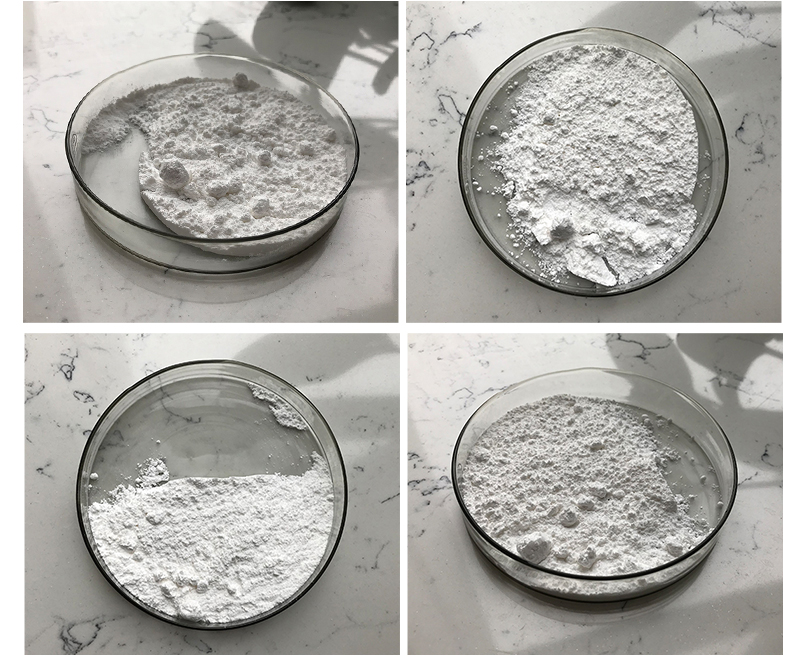TUDCA(Tauroursodeoxycholic acid) is a bile acid derivative that has been studied for its potential therapeutic effects, primarily in the context of liver diseases and certain other health conditions. TUDCA is primarily known for its role in liver health and its potential benefits in treating various health conditions.
Applications of TUDCA
Liver Health: TUDCA is often used to support liver function and protect against liver damage. It has been shown to reduce endoplasmic reticulum (ER) stress, which can help prevent apoptosis (cell death) of liver cells. This makes it potentially useful in treating conditions like non-alcoholic fatty liver disease (NAFLD), cholestasis, and liver toxicity caused by certain drugs.
Cholestasis: TUDCA is sometimes prescribed to individuals with cholestatic liver diseases. Cholestasis is a condition in which the flow of bile from the liver is impaired, leading to the accumulation of bile acids in the liver and bloodstream. TUDCA can help improve bile flow and reduce liver damage in such cases.
Gut Health: TUDCA has been investigated for its potential benefits in maintaining a healthy gut. It can help protect the lining of the intestines, reduce inflammation, and promote gut barrier integrity. These properties are of interest in conditions like inflammatory bowel disease (IBD) and irritable bowel syndrome (IBS).
Neuroprotection: There is growing interest in the use of TUDCA for neuroprotection. It may have a role in protecting neurons from various forms of stress, such as those seen in neurodegenerative diseases like Alzheimer’s and Parkinson’s. Some research suggests that TUDCA may help reduce inflammation and oxidative stress in the brain.
Metabolic Syndrome: TUDCA has shown promise in addressing aspects of metabolic syndrome, which includes obesity, insulin resistance, and high blood pressure. It may help improve insulin sensitivity and reduce inflammation, making it a potential adjunct therapy for metabolic conditions.

Weight Loss: Some studies have explored TUDCA’s potential to aid in weight loss and the management of obesity. It may help improve insulin sensitivity and metabolic rate, which can contribute to weight loss in conjunction with a healthy diet and exercise.
Anti-Inflammatory: TUDCA has anti-inflammatory properties, which can be beneficial in various inflammatory conditions, including autoimmune diseases.
Cystic Fibrosis: TUDCA has been investigated for its role in managing the symptoms of cystic fibrosis, a genetic disorder that affects the lungs and digestive system. It may help improve the function of certain ion channels and reduce the accumulation of mucus in the airways.
It’s important to note that while TUDCA shows promise in these various applications, research is ongoing, and it may not be a standalone treatment for these conditions. As with any potential therapeutic intervention, it should be used under the guidance of a healthcare professional, and its effectiveness and safety should be considered on an individual basis. Additionally, the use of TUDCA may be subject to regulatory approval in certain regions, and its availability can vary.
Adverse effects of TUDCA
Tauroursodeoxycholic acid (TUDCA) is a bile acid derivative that has been studied for its potential therapeutic effects, primarily in the context of liver diseases and certain other health conditions. TUDCA is generally considered safe when used at appropriate doses under medical supervision. However, like any medication or supplement, it may have some adverse effects or interactions with other drugs. Here are some potential adverse effects of TUDCA:
Gastrointestinal Issues: TUDCA can cause mild gastrointestinal side effects in some individuals, including diarrhea, nausea, and upset stomach.
Allergic Reactions: Allergic reactions to TUDCA can occur, although they are relatively rare. Symptoms may include itching, rash, swelling, or difficulty breathing.

Interaction with Other Medications: TUDCA may interact with certain medications, such as blood-thinners, immunosuppressants, and some other drugs. It’s important to inform your healthcare provider about all the medications and supplements you are taking to ensure there are no potential interactions.
Inadequate Dosage: Using too low a dosage of TUDCA may not provide the desired therapeutic effects, especially in the context of liver diseases. In such cases, it may be ineffective.
Safety During Pregnancy and Breastfeeding: There is limited research on the safety of TUDCA during pregnancy and breastfeeding. Pregnant or nursing individuals should consult with a healthcare provider before using it.
It’s important to note that TUDCA is primarily used in a medical setting, often under the guidance of healthcare professionals, and is not intended for casual or unsupervised use. Always consult with a healthcare provider before starting any new supplement or medication, and follow their recommended dosages and guidelines. They can help you weigh the potential benefits and risks based on your specific health condition and needs.
